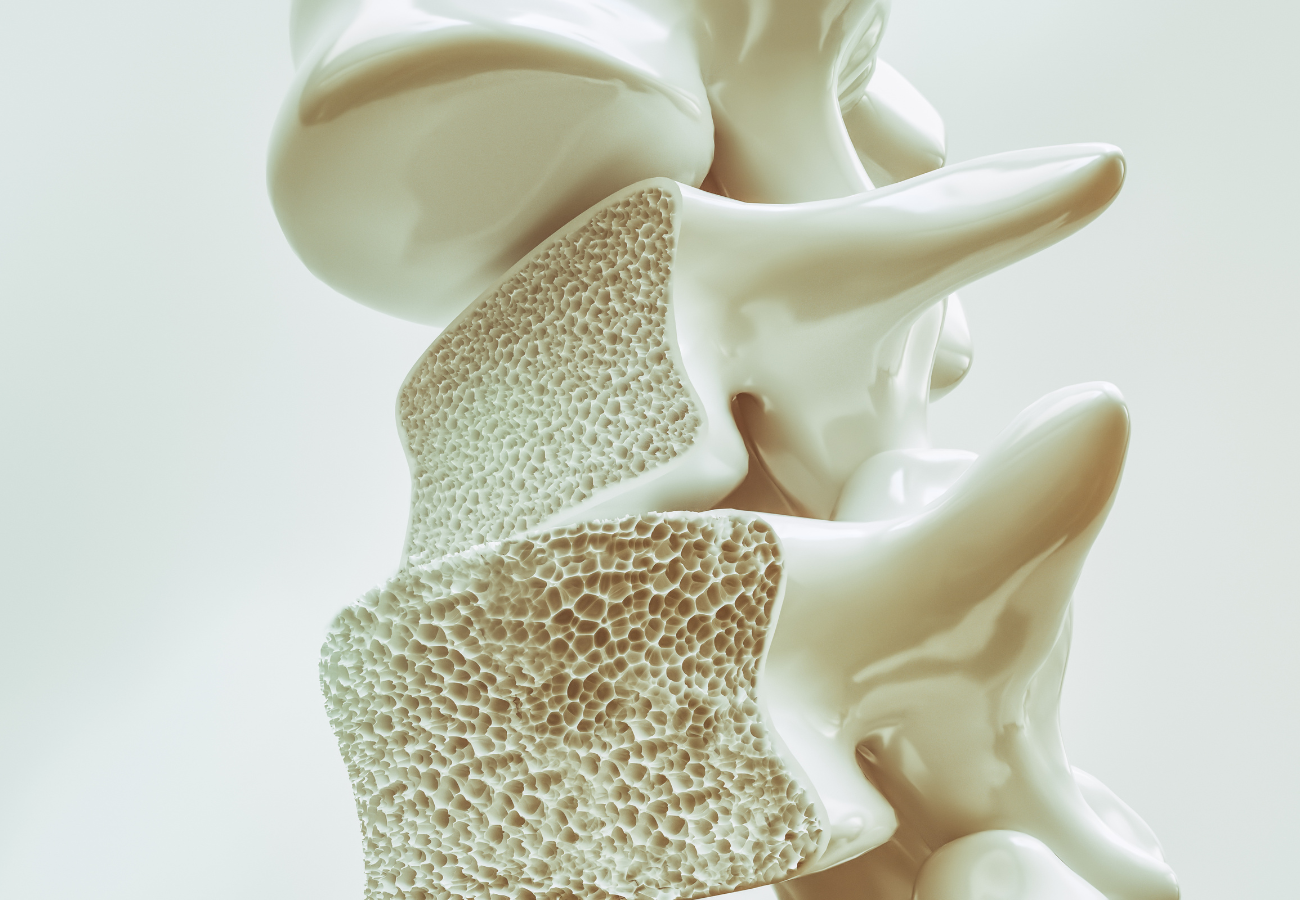
Bone Density
The GE Lunar Prodigy bone densitometer is the Gold Standard Dexa machine that goes beyond traditional use by offering a calibrated Health & Wellness feature with Body Composition analysis that can be repeated and compared to track weight loss goals.
DEXA (dual x-ray absorptiometry) scans measure bone density (thickness and strength of bones) by passing a high and low energy x-ray beam (a form of ionizing radiation at very low doses) through the body usually the hip and/or spine. This is an imaging test that measures bone density (strength). DEXA scan results can provide helpful details about your risk for osteoporosis (bone loss) and fractures (breaks).
Getting Shorter? Experienced a Fall?
A Bone Density scan might be just what you need!
The GE Lunar Prodigy bone densitometer is the Gold Standard Dexa machine that goes beyond traditional use by offering a calibrated Health & Wellness feature with Body Composition analysis that can be repeated and compared to track weight loss goals.
It provides accurate measurements for Total Body Mass, Lean Body Mass, and Body Fat Mass, which are important for weight loss and reducing the risk of diabetes and cardiovascular disease.
The machine generates a comprehensive trending report with graphic and numerical representations of Lean Body Mass and Body Fat Mass.
A bone density test is a diagnostic tool used to determine if a person has osteoporosis, a disorder characterized by fragile and breakable bones. It uses X-rays to measure the amount of calcium and other bone minerals in a bone segment. The bones that are most tested are in the spine, hip and sometimes the forearm.
Medicare generally covers a bone density test every other year for women over the age of 65 and men over the age of 70. There are new recommendations regarding the need for postmenopausal women younger than 65 years of age that are at increased risk for bone loss to have bone density testing as well. Ask your provider about your need for testing.
Your doctor may recommend a bone density test if you've:
Lost height. People who have lost at least 1.5 inches (3.8 centimeters) in height may have compression fractures in their spines, for which osteoporosis is one of the main causes.
Fractured a bone. Fragility fractures occur when a bone becomes so fragile that it breaks much more easily than expected. Fragility fractures can sometimes be caused by a strong cough or sneeze.
Taken certain drugs. Long-term use of steroid medications, such as prednisone, interferes with the bone-rebuilding process — which can lead to osteoporosis.
Had a drop in hormone levels. In addition to the natural drop in hormones that occurs after menopause, women's estrogen may also drop during certain cancer treatments. Some treatments for prostate cancer reduce testosterone levels in men. Lowered sex hormone levels weaken bone.
Have You Thought About Using Science to Measure Your Weight Loss Goals?
Total Body Mass Scans are available for a cash pay price and can be ordered by your primary care physician or any provider to track weight loss goals and through Total Body Mass, Lean Body Mass, and Body Fat Mass. The results are sent home with you after the scan and forwarded to the ordering provider.



